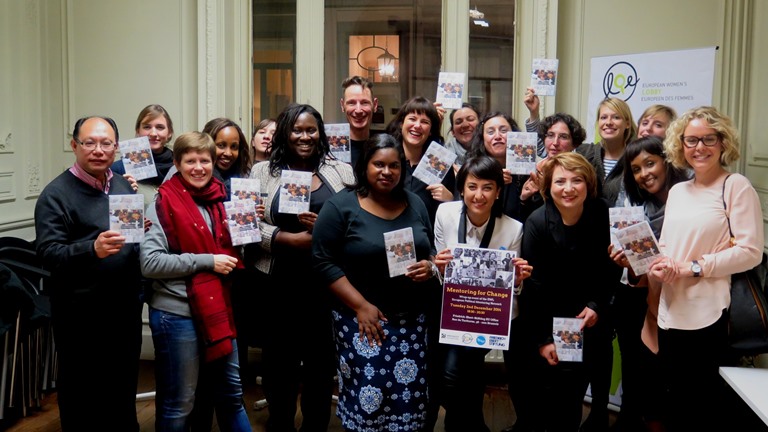Issue: 940 Posted: June, 19 2011
A judge in the United Kingdom presiding over an asylum case told a woman asylum seeker, “If you’d experienced that rape the way you describe [it] I don’t think you’d be looking as well as you are now.” (Stonewall)
In the Czech Republic, men who sought asylum because they were persecuted for their homosexuality were reportedly subjected to humiliating ‘phallometric’ tests to ‘demonstrate’ their sexual orientation.
Countless other examples of untrained questioning techniques and ignorance of gender-specific persecution ought to concern the European Union if it is truly committed to protecting all refugees, which includes those who risk persecution owing to their sex, sexual orientation or gender identity.
Gender-related violence and discrimination is a global problem of pandemic proportions. According to the World Health Organisation, among women aged 15–44, acts of violence cause more death and disability than cancer, malaria, traffic accidents and war combined. Every day, over 8,000 girls are subjected to genital mutilation, a human rights violation which can have lasting effects on women’s health and well-being. Five hundred and thirty-nine transgender people were reported to be killed worldwide between 2008 and the end of 2010.
In the EU, an estimated 35 per cent of all asylum applicants are women or girls. Unfortunately, the limited data on the reasons for seeking asylum in most member states hampers an accurate assessment of asylum processes in different EU countries in relation to gender-related persecution. What we do know is that despite the existence of EU law which insists that gender-related persecutions must be recognised as grounds for asylum, there are massive discrepancies between countries in how they grant asylum.
The dire lack of information and training on issues like female genital mutilation can for instance result in asylum being refused by the Belgian immigration system to a Christian woman because officials mistakenly believe Christian girls and women are not at risk of female genital mutilation (FGM). This gap in knowledge endangers not only Christian girls and women at risk of being subjected to FGM but also others whose grounds for persecution are not recognised or poorly understood.
On the eve of World Refugee Day (19 June), the European Asylum Support Office (EASO) officially became responsible for supporting EU member states on asylum issues. On this occasion, our coalition of civil society organisations released practical recommendations to prevent discrimination in the EU’s asylum processes by ensuring gender and equality perspectives are formalised in the EASO’s structure and work plan.
Created at the European Council’s request, the new agency is expected to provide specific expertise to EU countries, to develop training, exchange best practice and align asylum rules in the EU to ensure all EU member states provide an equally high degree of protection. Hence, it is critical for the EASO to support the implementation of asylum procedures which are gender-sensitive to ensure they protect everybody – men, women, boys and girls of all sexual orientations and gender identities, and address their needs during the entire asylum process.
This will require formal and explicit integration of a gender perspective in the work of the EASO.
In concrete terms, this means recruiting gender experts, ensuring the European Asylum Curricula and training sessions incorporate a gender perspective and initiating research with other agencies to assess inconsistencies between member states in granting protection on the basis of gender-related persecution.
These recommendations are not merely an ‘add-on’, but an obligation for all EU agencies, institutions and member states. As a step towards implementing the Common European Asylum System, the EASO should embody the very principles the EU is based on – promoting gender equality and non-discrimination.
Coinciding with the birth of a new EU agency on asylum, this year is also the 60th anniversary of the UN Convention for Refugees, the key legal document determining who is a refugee and their rights. As the European Asylum Support Office comes to life, we fervently hope it captures the spirit of this Convention by ensuring that each EU country fights discrimination and upholds the principle of gender equality in protecting refugees and their rights.
Dr Christine Loudes, Director, END FGM European Campaign, Amnesty International Cécile Gréboval, Secretary General, European Women’s Lobby Evelyne Paradis, Executive Director, ILGA-Europe




